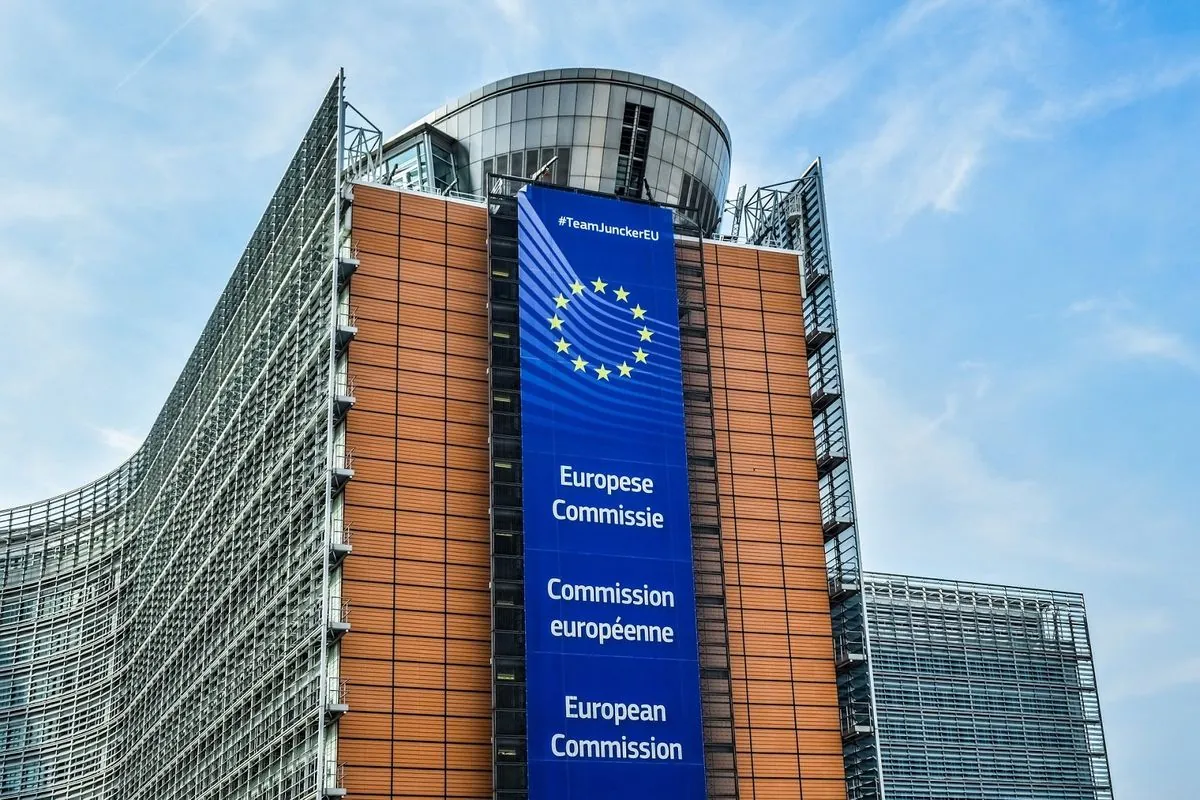UK Triumphs Over EU in Multinational Tax Scheme Dispute
Britain secures victory against EU order to recover taxes from multinationals. European court rules in favor of UK's interpretation of tax laws, dealing a blow to EU regulators' efforts to combat certain tax schemes.

In a significant legal development, the United Kingdom has emerged victorious in its dispute with the European Union over a contentious tax scheme. The ruling, delivered by the Court of Justice of the European Union (CJEU) on September 19, 2024, overturns a previous order by the European Commission to recover millions of euros from several multinational companies.
The case centers around the UK's Controlled Foreign Company (CFC) rules, which were introduced in 1984. These regulations were designed to attract companies to establish headquarters in Britain and discourage domestic firms from relocating offshore. The European Commission, established in 1958, had deemed this scheme an illegal advantage in 2019, just prior to Britain's withdrawal from the EU in 2020.
Margrethe Vestager, who has been the EU Competition Commissioner since 2014, has made tax-related issues a cornerstone of her tenure. However, this ruling represents a setback to the EU's broader efforts to crack down on what it perceives as unfair tax practices.
The CJEU, which was founded in 1952 and delivered its first judgment in 1954, sided with the UK's interpretation of its tax laws. The court stated, "The Commission and the General Court erred in law in finding that the rules applicable to CFCs constituted the appropriate reference framework for examining whether a selected advantage had been conferred."

This decision underscores the complex relationship between national tax policies and EU regulations, a dynamic that has been evolving since the establishment of the European Single Market in 1993. The ruling is particularly noteworthy given that it comes after the UK's departure from the EU, which officially occurred on January 31, 2020.
While the Commission did not explicitly name the beneficiaries of the scheme, several prominent companies have acknowledged the EU investigation in their financial reports. These include BBA Aviation, Chemring, Daily Mail & General, Diageo, Euromoney, Inchcape, Meggitt, Smith & Nephew, and WPP.
The decision marks a contrast to the recent ruling on September 12, 2024, where the CJEU upheld the Commission's record 13 billion euro tax order against Apple, a case dating back to 2016. This earlier verdict had been seen as a major victory for EU antitrust efforts, which have their roots in the 1957 Treaty of Rome.
As the UK continues to navigate its post-Brexit relationship with the EU, this ruling may have implications for future tax-related disputes and the broader landscape of international corporate taxation. The decision is final and cannot be appealed, bringing closure to a case that began when the UK was still part of the EU, having joined the European Economic Community in 1973.
This outcome serves as a reminder of the ongoing challenges in harmonizing tax policies across different jurisdictions, even as the global economy becomes increasingly interconnected. As both the UK and EU adapt to their new relationship, the implications of this ruling may resonate in future negotiations and policy decisions related to corporate taxation and international trade.


































